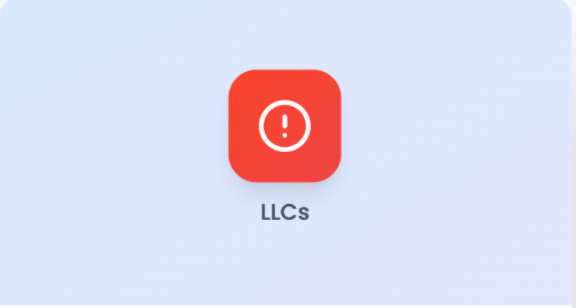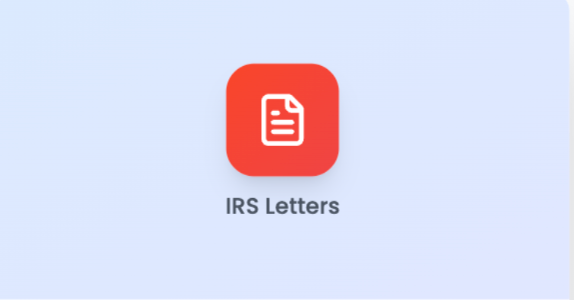Payroll Taxes: A Comprehensive Guide for Small Businesses

Understanding Payroll Taxes: A Comprehensive Guide for Small Businesses
As a small business owner, you wear many hats. Among the countless responsibilities that demand your attention, payroll taxes often top the list. Navigating the intricate web of payroll tax obligations can be daunting, but grasping the fundamentals is vital for compliance and smooth operations. This comprehensive guide will break down everything you need to know about payroll taxes.
What Are Payroll Taxes?
Payroll taxes are essential deductions from employee wages that employers must handle. These taxes fund federal programs, such as Social Security, Medicare, and unemployment insurance. Both employers and employees contribute, making it a dual responsibility.
Types of Payroll Taxes
Understanding the different types of payroll taxes is crucial for accurate deductions and compliance. Here’s a breakdown:
Federal Payroll Taxes
Federal payroll taxes include:
–
- Federal Income Tax: This is withheld from employee wages based on their W-4 form.
- Social Security Tax: Employers and employees contribute equally to Social Security. The current rate is 6.2% of the employee’s gross wages.
- Medicare Tax: Both parties also share the Medicare tax, with a rate of 1.45%. Employees earning above a certain threshold may be subject to an additional Medicare tax rate of 0.9%.
State Payroll Taxes
State payroll taxes vary but generally include:
–
- State Income Tax: Required in most states, with rates differing by state.
- Unemployment Tax: Funds state unemployment insurance programs, with rates also varying by state.
Local Payroll Taxes
Certain jurisdictions may impose additional local payroll taxes, which could include city or county income taxes.
Employer Responsibilities
Small business owners must stay informed and proactive to comply with payroll tax obligations. Here’s a list of key responsibilities:
Calculate Deductions
Ensure accurate deduction of all federal, state, and local payroll taxes from employee wages. Utilize IRS wage brackets and state tables for precise calculations.
Deposit Taxes
Employers must regularly deposit payroll taxes. The IRS usually requires this either monthly or semi-weekly, depending on the total tax liability. State and local agencies may have separate schedules.
File Returns
Filing returns involves submitting detailed reports about payroll taxes collected and paid:
–
- Form 941 (Quarterly Federal Tax Return): Reports federal income, Social Security, and Medicare taxes.
–
- Form 940 (Annual FUTA Tax Return): Records federal unemployment taxes.
–
- State-specific Forms: Vary by state.
Consequences of Non-compliance
Missing payroll tax deadlines or inaccurate filings can lead to serious repercussions, such as:
– Penalties and Fines: The IRS and state agencies impose hefty fines for late payments or incorrect filings.
– Legal Issues: Non-compliance can result in legal actions against the business.
– Reputational Damage: Failing to meet payroll tax obligations can tarnish your business’s reputation.
Tips for Effective Payroll Tax Management
To help ease the burden of payroll tax management, consider these best practices:
Utilize Payroll Software
Investing in payroll software can automate calculations, deposits, and filings, reducing errors and saving time.
Hire a Payroll Service
Outsourcing to a payroll service provider ensures professional handling of your payroll taxes, allowing you to focus on core business functions.
Stay Updated on Legislation
Tax laws change frequently. Subscribing to updates from the IRS and state agencies can keep you informed about new requirements or changes to existing laws.
Maintain Accurate Records
Keep meticulous records of all payroll transactions for at least four years. This includes employee pay stubs, tax forms, and deposit receipts.
Seek Professional Guidance
Consulting with a tax professional or accountant can provide personalized advice and help navigate complex payroll tax issues.
Conclusion
Understanding and managing payroll taxes is a crucial aspect of running a small business. With the proper knowledge and tools, you can ensure compliance, avoid penalties, and focus on growing your company. Remember, utilizing payroll software and seeking professional guidance can significantly simplify this complex but essential task. Staying informed and diligent will protect your business and employees, fostering a stable and reputable enterprise.



